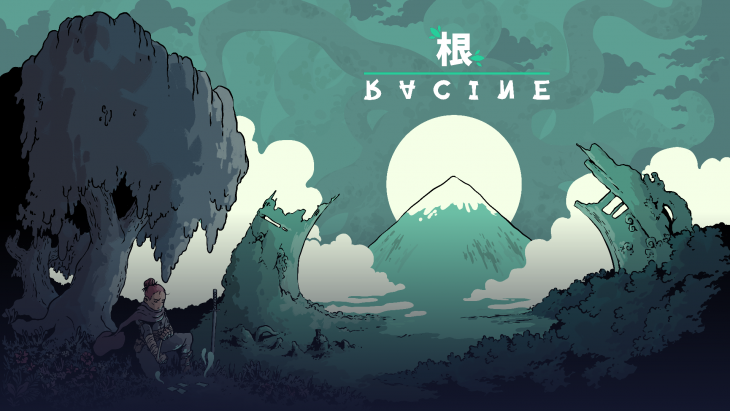
Racine Review (6/10)
Gameplay: 5/10
The game's unique combination of card based auto-battler got my interest, and its atmospheric eastern-inspired visual style was the first thing that caught my attention. The combat system is initially quite satisfying. You skillfully play cards either to enhance your character or to fend off enemy attacks. This process demands a lot of monitoring of the enemy's attack speeds and patterns.
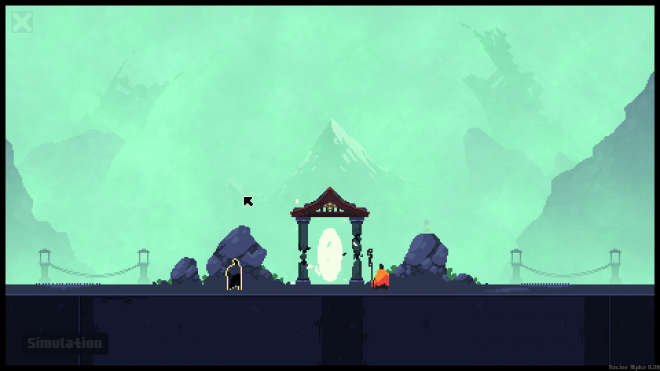
Variety & Depth: 4/10
The game quickly starts to feel monotonous, since the main loop does not change significantly over time. The deck-building part of the game is restricted, very much RNG-dependent, and more often than not it resembles clicking through random powers rather than making significant and tactical decisions.
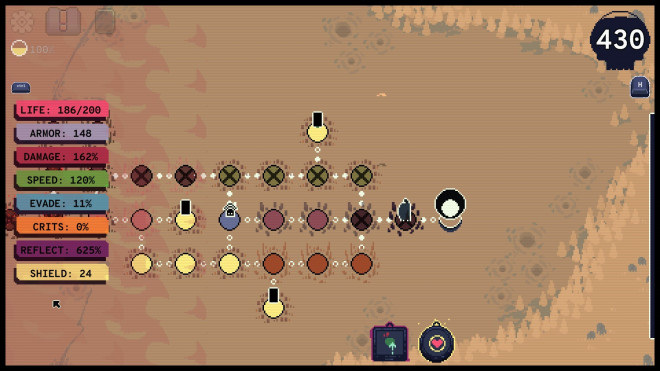
Controls & UI: 5/10
The controls and UI can occasionally be a little confusing, particularly when it comes to handling shields, armor, and evasion stats, which aren't always obvious and can occasionally cause annoying situations. It can feel more like a chore than a fun skill-based activity because the game promotes frantic play where players must time card plays before enemy hits. Furthermore, some runs may seem hopeless due to the randomness of enemy buffs and starting decks, particularly if early RNG results in bad card draws or inevitable damage.
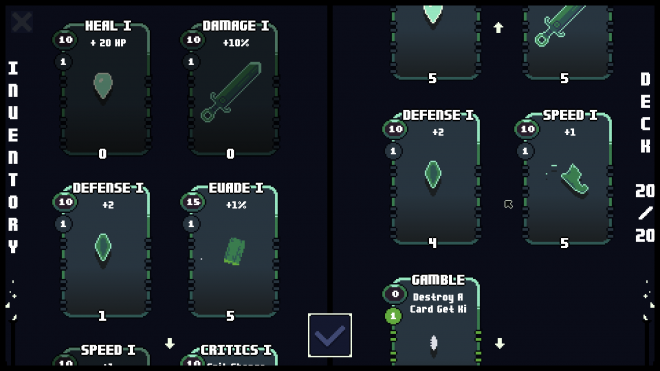
Audio/Visual: 7/10
On the bright side, the game’s artistic direction and music have a great contribution to creating a delightful vibe in the extinction world which is influenced by the East. The soundtracks move from tranquil to heavy and they suit the gaming experience perfectly.
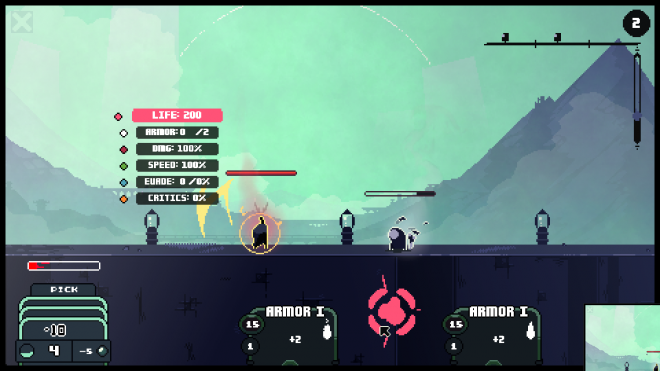
Overall, Racine has some interesting ideas and a beautiful aesthetic going for it, but the repetitive gameplay, reliance on RNG, and somewhat clunky systems hold it back. If you enjoy roguelikes and auto-battlers, it's a good game to give a try, but it lacks the depth and diversity to hold your interest over time.
AUTHOR INFORMATION

PROS / CONS
- Engaging strategic gameplay
- Beautiful visuals
- Fast-paced action
- Variety of units and upgrades
- Replayability
- Steep learning curve
- Can be skill-dependent
- Limited tutorial for beginners
- Repetitive after long play
- Balancing issues at times






